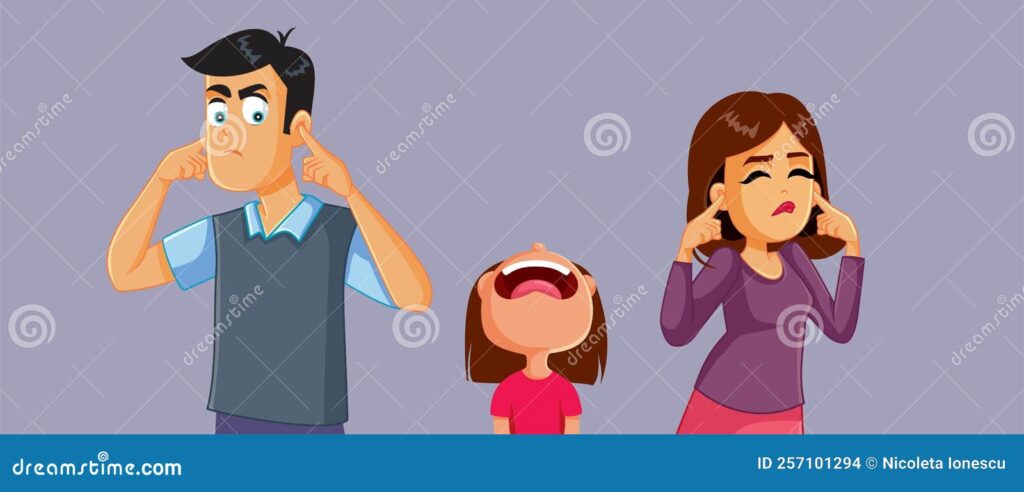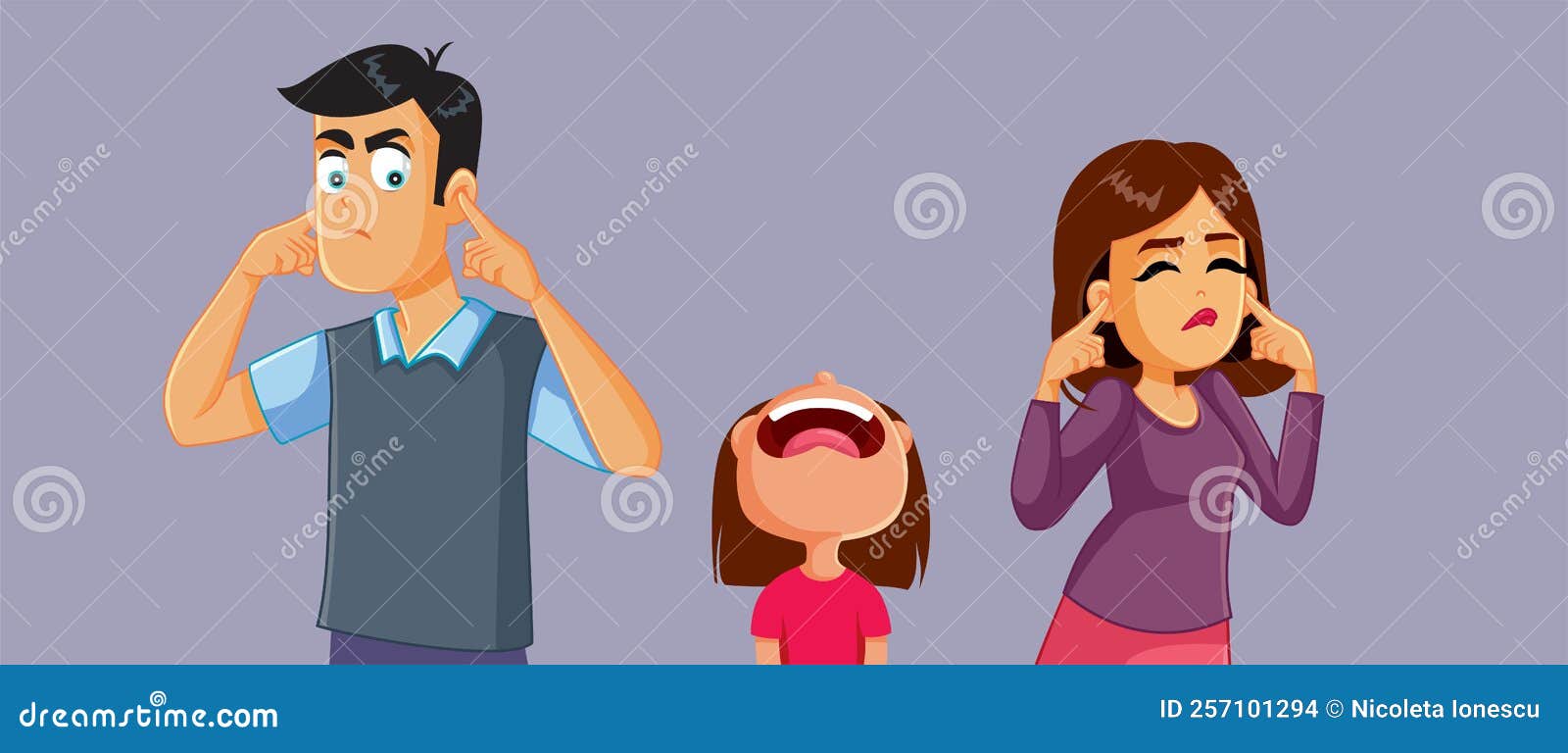
Why Are My Daughter’s Friends Ignoring Her? Understanding Social Dynamics and What You Can Do
It’s a heartbreaking experience for any parent: witnessing your daughter being ostracized by her friends. Seeing your child struggle with social rejection can trigger feelings of helplessness and concern. The question, “Why are my daughter’s friends ignoring her?” likely plagues your mind. Understanding the underlying reasons for this behavior is the first step toward helping your daughter navigate this challenging situation. This article delves into the complex social dynamics that might be at play and offers practical strategies for parents to support their daughters through this difficult time.
Understanding the Dynamics of Girl Friendships
Girl friendships, particularly during adolescence, can be intricate and emotionally charged. They often involve intense bonds, shared secrets, and a strong desire for belonging. However, these friendships can also be susceptible to drama, jealousy, and exclusion. Before jumping to conclusions, it’s crucial to consider the various factors that could be contributing to your daughter’s friends ignoring her.
Possible Reasons for the Shift in Friendship Dynamics
- Social Cliques and Shifting Alliances: Friend groups can be fluid, with alliances shifting over time. Your daughter may simply be caught in a change of social dynamics within her circle of friends.
- Misunderstandings and Conflicts: A disagreement or misunderstanding, even a minor one, can lead to a temporary rift in friendships. Sometimes, these conflicts are not openly discussed, leading to passive-aggressive behavior like ignoring someone.
- Jealousy and Competition: Jealousy over achievements, attention from others, or even physical appearance can fuel resentment within a friendship group. This can manifest as exclusion or ignoring your daughter.
- Peer Pressure and Conformity: Friends may pressure each other to conform to certain behaviors or opinions. If your daughter is not aligning with the group’s expectations, she might be ostracized.
- Bullying and Exclusion: In some cases, the behavior might escalate to bullying, where your daughter is intentionally excluded or targeted. This is a serious issue that requires immediate attention.
- Changes in Interests or Maturity Levels: As girls grow, their interests and maturity levels can diverge. This can lead to a natural drifting apart, where they no longer have as much in common.
Assessing the Situation: Gathering Information
Before intervening, it’s important to gather as much information as possible to understand the situation accurately. Avoid jumping to conclusions or making assumptions based on limited information. Here are some ways to assess what’s happening:
Talk to Your Daughter
The most important step is to have an open and honest conversation with your daughter. Create a safe and non-judgmental space where she feels comfortable sharing her feelings and experiences. Ask her:
- How long has this been happening?
- What does she think is the reason her friends are ignoring her?
- Has she tried talking to her friends about it?
- How is this making her feel?
Listen attentively and validate her feelings, even if you don’t fully understand the situation. Avoid minimizing her concerns or telling her to “just get over it.” Let her know that you are there for her and that you want to help.
Observe Her Interactions
If possible, observe your daughter’s interactions with her friends. This might involve watching them at school events, extracurricular activities, or even social media. Pay attention to body language, tone of voice, and the overall dynamic between them. However, be mindful of respecting your daughter’s privacy and avoid being overly intrusive.
Consider Talking to Other Adults
If you are concerned about bullying or other serious issues, consider talking to other adults who might have insights into the situation. This could include teachers, coaches, or the parents of her friends. However, proceed with caution and respect your daughter’s privacy. It’s important to involve her in the decision-making process and ensure that she is comfortable with you talking to others.
Strategies for Helping Your Daughter
Once you have a better understanding of the situation, you can start to develop strategies for helping your daughter navigate this challenging time. The approach you take will depend on the specific circumstances and your daughter’s personality.
Empower Her to Communicate
Encourage your daughter to communicate her feelings and needs to her friends. Help her practice assertive communication skills, such as using “I” statements to express her emotions without blaming or accusing others. For example, she could say, “I feel hurt when I’m not included in your plans.” Role-playing different scenarios can help her feel more confident in expressing herself.
Help Her Develop Coping Mechanisms
Being ignored by friends can be incredibly painful. Help your daughter develop healthy coping mechanisms for dealing with her emotions. This might include:
- Journaling
- Engaging in hobbies and activities she enjoys
- Spending time with family
- Practicing relaxation techniques, such as deep breathing or meditation
- Talking to a trusted adult, such as a therapist or counselor
Encourage Her to Expand Her Social Circle
One of the best ways to mitigate the impact of being ignored by one group of friends is to encourage your daughter to expand her social circle. This will give her more options for companionship and reduce her reliance on a single group. Encourage her to:
- Join clubs or activities that align with her interests
- Volunteer in the community
- Reconnect with old friends
- Be open to meeting new people
Remember, having a diverse social network can buffer against the pain of social rejection and provide a sense of belonging.
Teach Her About Healthy Friendships
Use this experience as an opportunity to teach your daughter about healthy friendships. Discuss the qualities of a good friend, such as loyalty, honesty, respect, and support. Help her identify red flags in friendships, such as bullying, manipulation, or constant drama. Encourage her to surround herself with people who uplift and support her, rather than those who bring her down.
Know When to Intervene
While it’s important to empower your daughter to handle social situations on her own, there are times when parental intervention is necessary. If you suspect that your daughter is being bullied, or if the situation is significantly impacting her mental health or well-being, step in and advocate for her. This might involve talking to the parents of her friends, contacting the school, or seeking professional help.
Addressing Potential Underlying Issues
Sometimes, the reason daughter’s friends are ignoring her might stem from underlying issues that need to be addressed. Consider whether any of the following factors might be contributing to the situation:
Social Skills Deficits
If your daughter struggles with social skills, such as initiating conversations, reading social cues, or resolving conflicts, this could make it difficult for her to maintain friendships. Consider seeking professional help from a therapist or social skills coach to help her develop these skills.
Self-Esteem Issues
Low self-esteem can make it difficult for your daughter to assert herself in social situations and can make her more vulnerable to being taken advantage of. Help her build her self-esteem by focusing on her strengths, encouraging her to pursue her passions, and providing her with unconditional love and support.
Mental Health Concerns
In some cases, social isolation and rejection can be symptoms of underlying mental health concerns, such as anxiety or depression. If you are concerned about your daughter’s mental health, seek professional help from a therapist or psychiatrist.
The Importance of Parental Support
Navigating social challenges can be incredibly difficult for adolescents. Your support as a parent is crucial during this time. Let your daughter know that you are there for her, that you love her unconditionally, and that you believe in her ability to overcome this challenge. Remind her that her worth is not defined by her friendships and that she is valuable and loved, regardless of what others may think or do. Seeing your daughter’s friends ignoring her is painful, but with your support, she can learn valuable life lessons and emerge stronger and more resilient.
Ultimately, helping your daughter when her friends are ignoring her involves a combination of understanding the social dynamics, empowering her to communicate, developing coping mechanisms, and addressing any underlying issues. By providing her with the support and guidance she needs, you can help her navigate this challenging situation and build healthier, more fulfilling relationships in the future. It’s important to remember that this is a process, and there will be ups and downs along the way. But with your love and support, your daughter can emerge from this experience stronger, more resilient, and more confident in herself.
[See also: How to Help Your Teenager Deal with Peer Pressure]
[See also: Building Confidence in Teen Girls]

